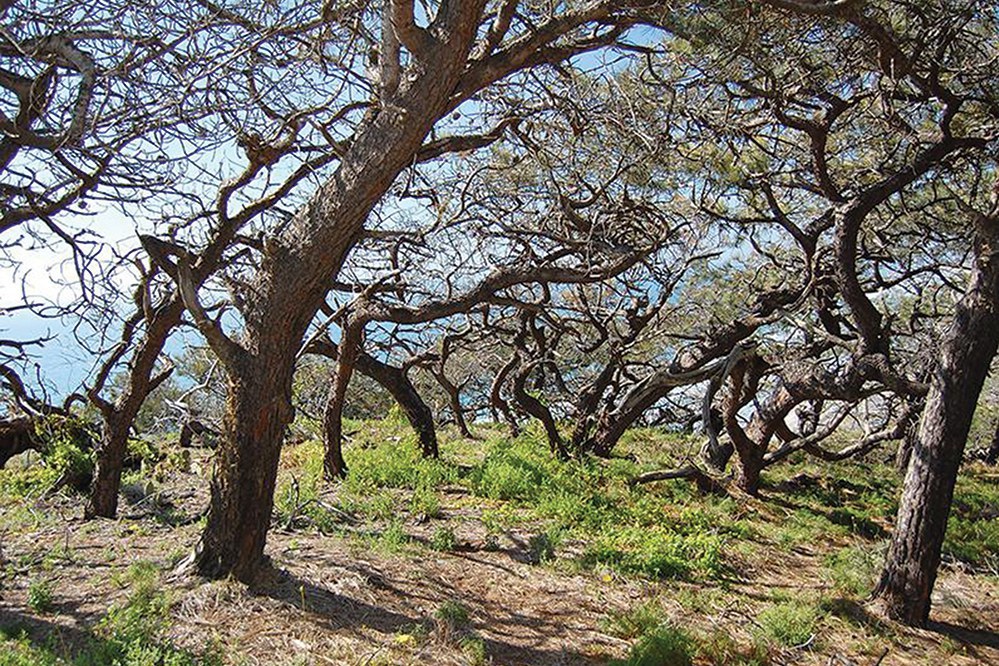Posted: March 30, 2023
Torrey pine genetic research may benefit efforts to save chestnut and ash trees.

Photo: Getty Images dbdurden
A new genomic study of the rarest pine tree in the world, the Torrey pine, aimed at bolstering the case for a genetic rescue of the species barely surviving in the western U.S., revealed the complexity and risk associated with the endeavor. However, a tree geneticist at Penn State who oversaw the research suggests it may benefit efforts she is involved in to save other species in the East.
The study provides a roadmap of sorts for how we might approach the preservation and conservation of genetic variation for the American chestnut and ash, said Jill Hamilton, associate professor in the college and director of the Schatz Center for Tree Molecular Genetics. "It shows that we need to consider genetic variation resulting from adaptation as we assemble seed sources that might be used for restoration," she said.
The Torrey pine is a critically endangered species found in just two small, widely separated populations along the coast of California. In the study, published in Molecular Ecology, researchers collected pine needle tissue from a total of 286 trees for genomic analysis.
--Jeff Mulhollem
Features
Breaking the Silence on Farm Stress
Farming has always been a demanding profession, but today's farmers face unprecedented pressures that can severely impact their mental health.
Biting Back
Research Targets Vector-Borne Diseases to Save Lives
Leading Forward
Ott brings deep connection to role of dean.


